Thursday, 1 Feb 2024 at 5 pm
Artist Talk: Zach Blas with Jayne Wilkinson
-
Zach Blas
Zach Blas is an artist, filmmaker and writer whose practice draws out the philosophies and imaginaries residing in computational technologies and their industries. Working across moving image, computation, installation, theory and performance, Blas has exhibited, lectured and held screenings at venues including the 12th Berlin Biennale for Contemporary Art, Whitney Museum of American Art, Tate Modern, 12th Gwangju Biennale and e-flux. His 2021 artist monograph Unknown Ideals is published by Sternberg Press. Blas is currently Assistant Professor of Visual Studies at the University of Toronto.
Read More
-
Jayne Wilkinson
Jayne Wilkinson is a Toronto-based art writer and editor.
Join us for a lecture by interdisciplinary artist Zach Blas, with a dialogue to follow with writer/editor Jayne Wilkinson.
Blas will discuss his most recent work, CULTUS, the second in a trilogy of queer science-fiction installations addressing the beliefs, fantasies and histories that are influential to the contemporary tech industry. CULTUS (the Latin word for “worship”) considers the God-like status often afforded to artificial intelligence (AI) and examines how this religiosity is marshalled to serve beliefs about judgement and transcendence, extraction and immortality, pleasure and punishment, individual freedom and cult devotion. The conversation to follow will address some of the pressing intersecting political and ethical questions raised by both using and critiquing contemporary image technologies like AI.
This talk is presented in conjunction with the Belkin’s exhibition Aporia (Notes to a Medium) and Critical Image Forum, a collaboration between the Belkin and the Department of Art History, Visual Art and Theory at UBC.
Image (above): Zach Blas, CULTUS, 2023, from the 2024 exhibition at arebyte gallery, London, UK. Photo: Max Colson. Courtesy of the artist
-
Zach Blas
Zach Blas is an artist, filmmaker and writer whose practice draws out the philosophies and imaginaries residing in computational technologies and their industries. Working across moving image, computation, installation, theory and performance, Blas has exhibited, lectured and held screenings at venues including the 12th Berlin Biennale for Contemporary Art, Whitney Museum of American Art, Tate Modern, 12th Gwangju Biennale and e-flux. His 2021 artist monograph Unknown Ideals is published by Sternberg Press. Blas is currently Assistant Professor of Visual Studies at the University of Toronto.
Read More
-
Jayne Wilkinson
Jayne Wilkinson is a Toronto-based art writer and editor.
Related
-
Exhibition
12 Jan – 14 Apr 2024
Aporia (Notes to a Medium)
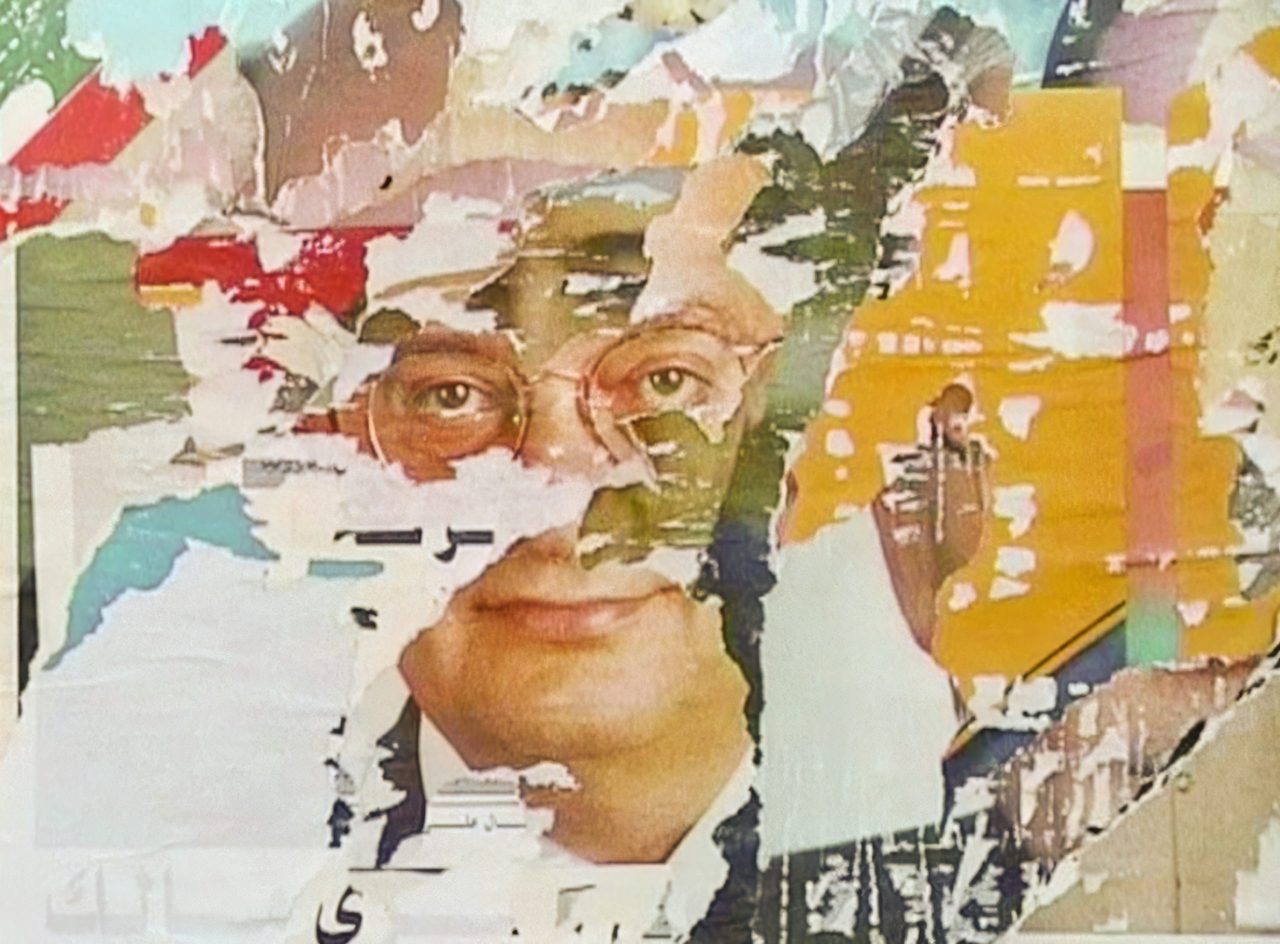
Aporia (Notes to a Medium) considers how history, mythology and wishful thinking entwine across media and through mediums. Artists include Colleen Brown, Azza El Siddique, Dani Gal, Katie Kozak and Lucien Durey, Mark Lewis, Jenine Marsh, Jalal Toufic and Elizabeth Zvonar.
[more] -
Event
Wednesday, 24 Jan 2024 at 4 pm
Reading Group: Aporia, Zach Blas and Hito Steyerl

Please join us for this reading group in conjunction with Aporia (Notes to a Medium). The selected texts by Hito Steyerl and Zach Blas contend with ideas of doubt in technology - particularly in AI - and its ever-evolving interventions in our lives as tools of censorship and surveillance.
[more] -
Event
Saturday, 9 Mar 2024 at 2 pm
Conversation: Colleen Brown, Elizabeth Zvonar and Jamie Hilder
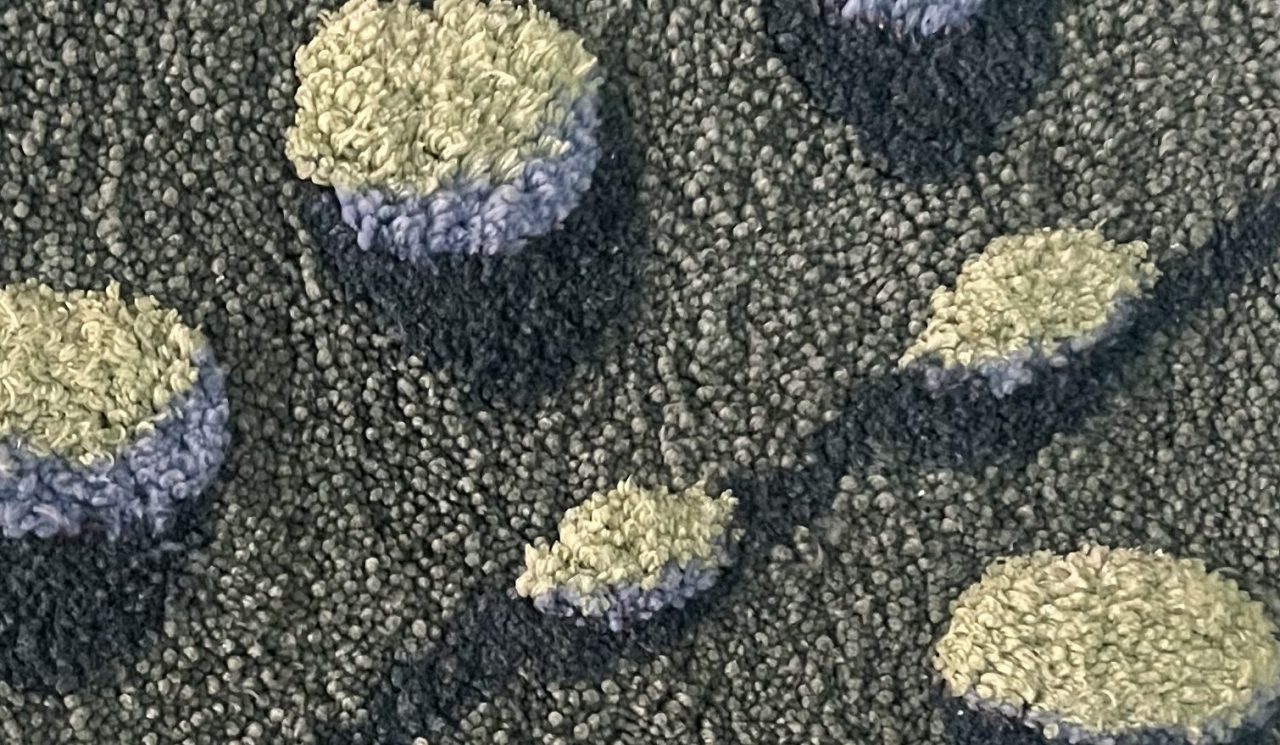
As part of the exhibition Aporia (Notes to a Medium), exhibiting artists Colleen Brown and Elizabeth Zvonar are in conversation with artist and writer Jamie Hilder.
[more] -
Event
Thursday, 11 Jan 2024 at 5 pm
Artist Talks: Azza El Siddique and Jenine Marsh
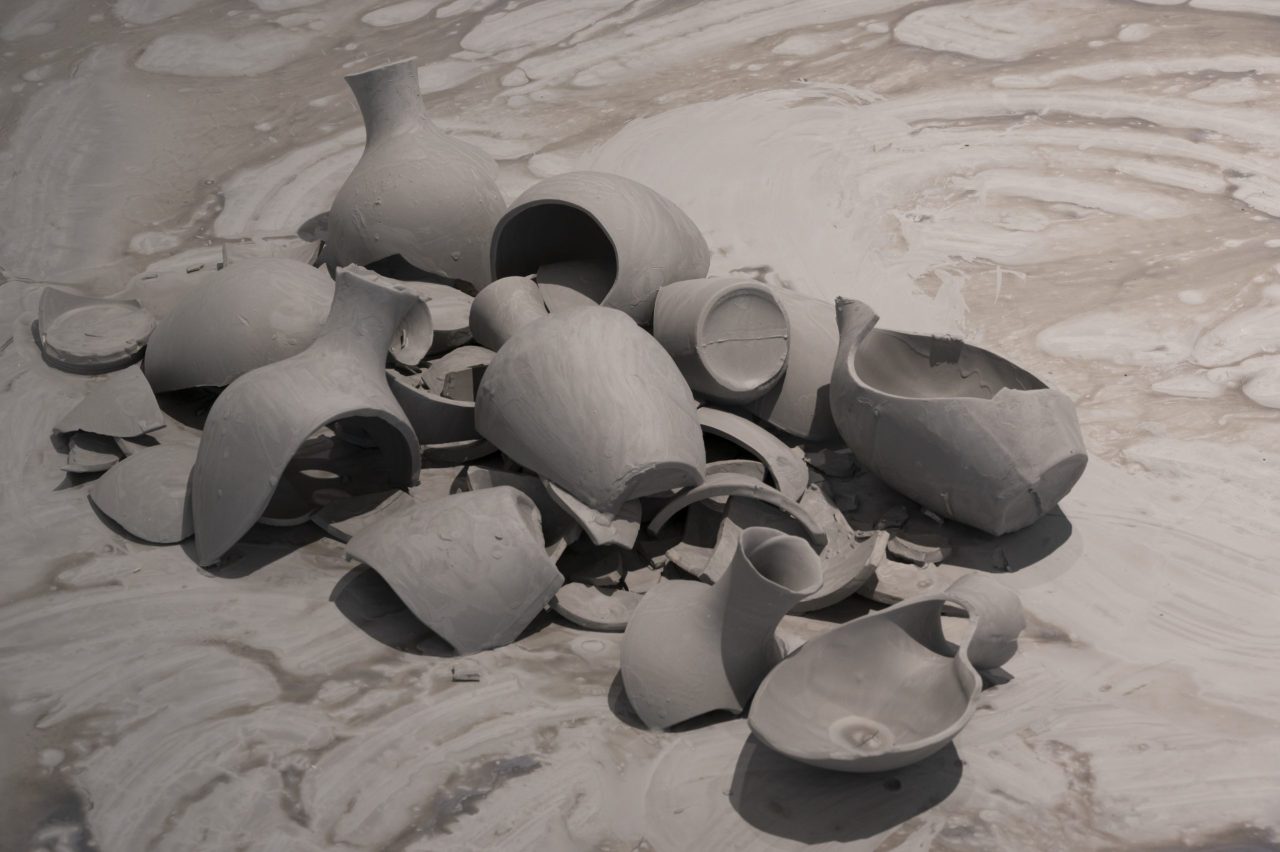
Join artists Azza El Siddique and Jenine Marsh for a conversation about their practices and works in the current exhibition Aporia (Notes to a Medium).
[more] -
Research Project
2021 - Ongoing
Critical Image Forum: Research in Photography and Expanded Documentary
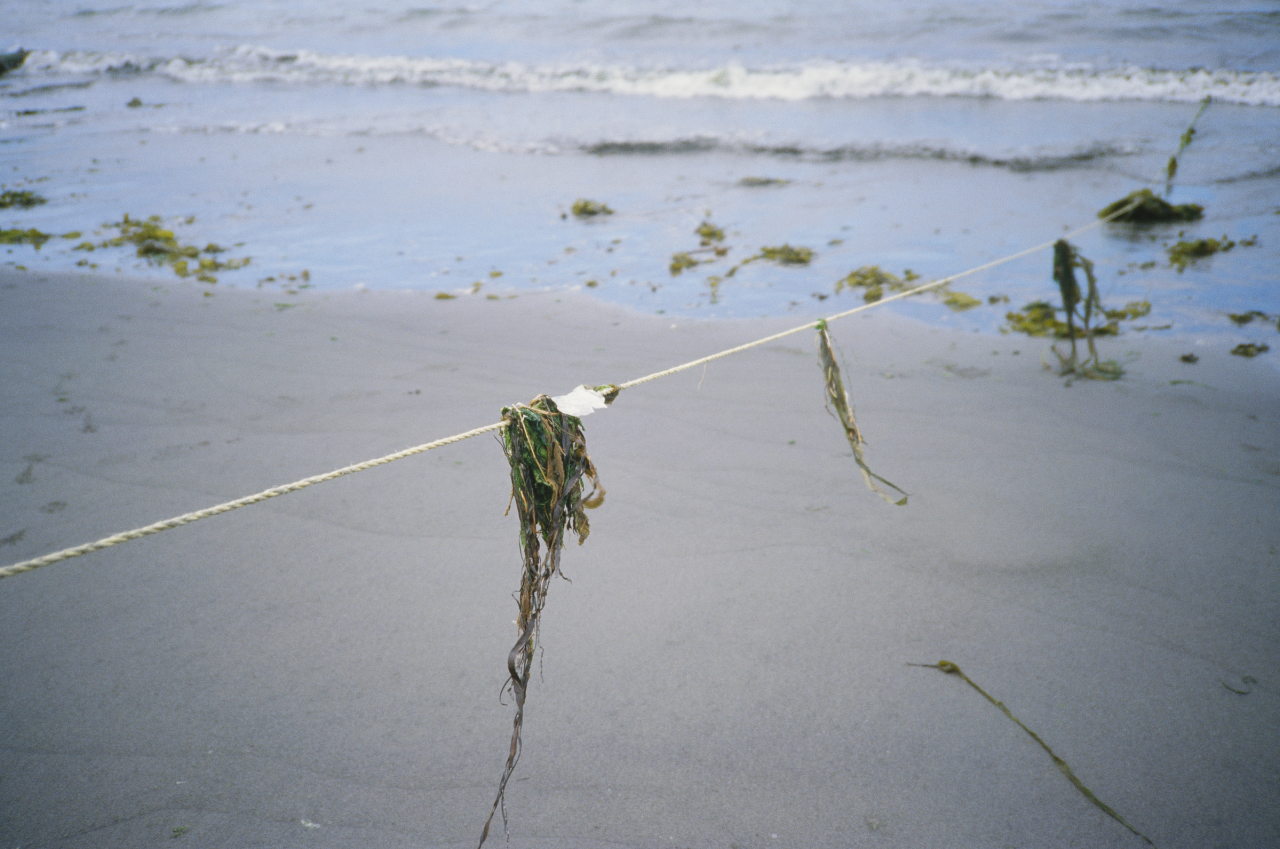
Critical Image Forum is a research project that focuses on the political, ethical, aesthetic and social dimensions of expanded documentary practices. The Forum's primary medium of research is photography, with an interest in how the proliferation of moving images, performance, sound and digital networks have challenged and complicated the veracity of the visual document.
[more] -
News
08 Dec 2023
Reading Room: Aporia
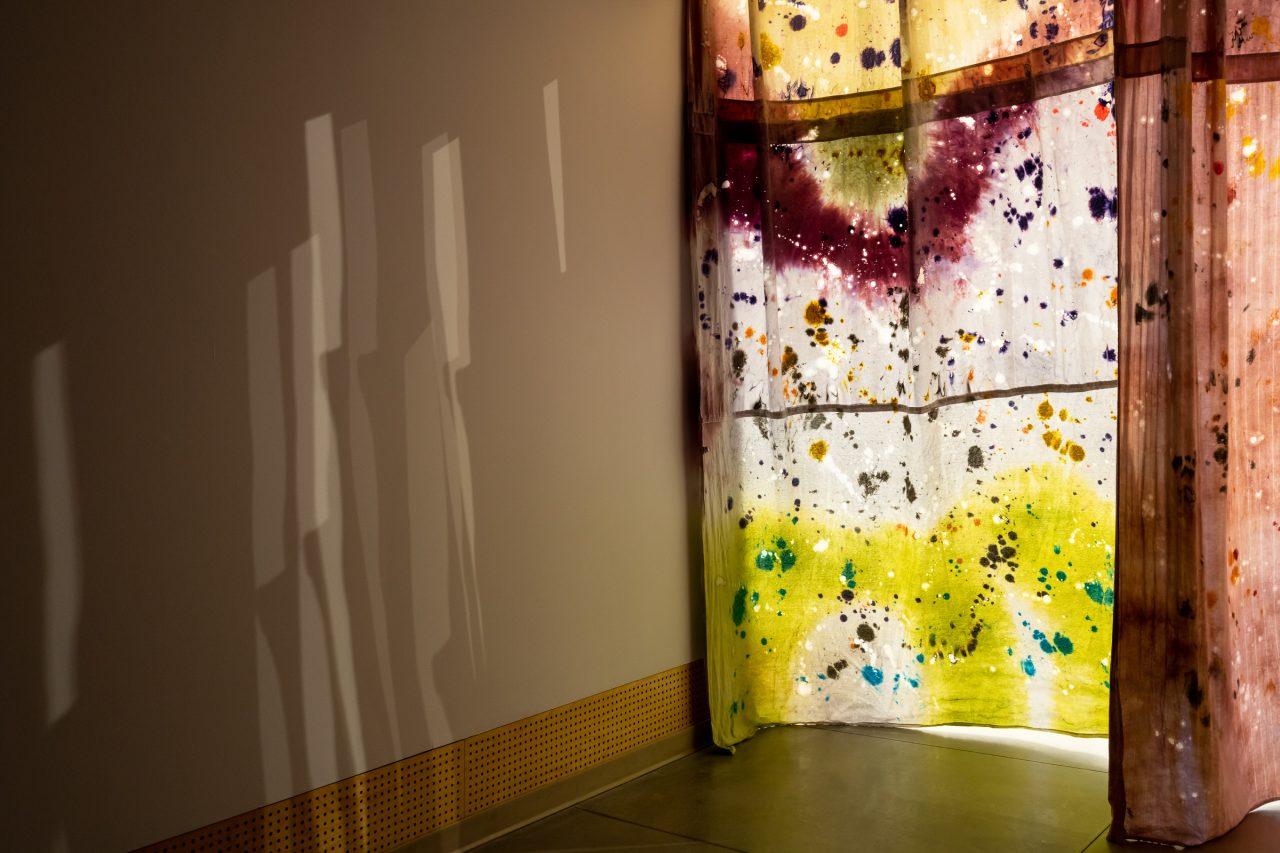
This reading room offers resources relating to the themes and artists present in the exhibition Aporia (Notes to a Medium).
[more] -
Event
Wednesday, 22 Nov 2023 at 12:30 PM
Critical Image Forum: Lecture with Nancy Adajania
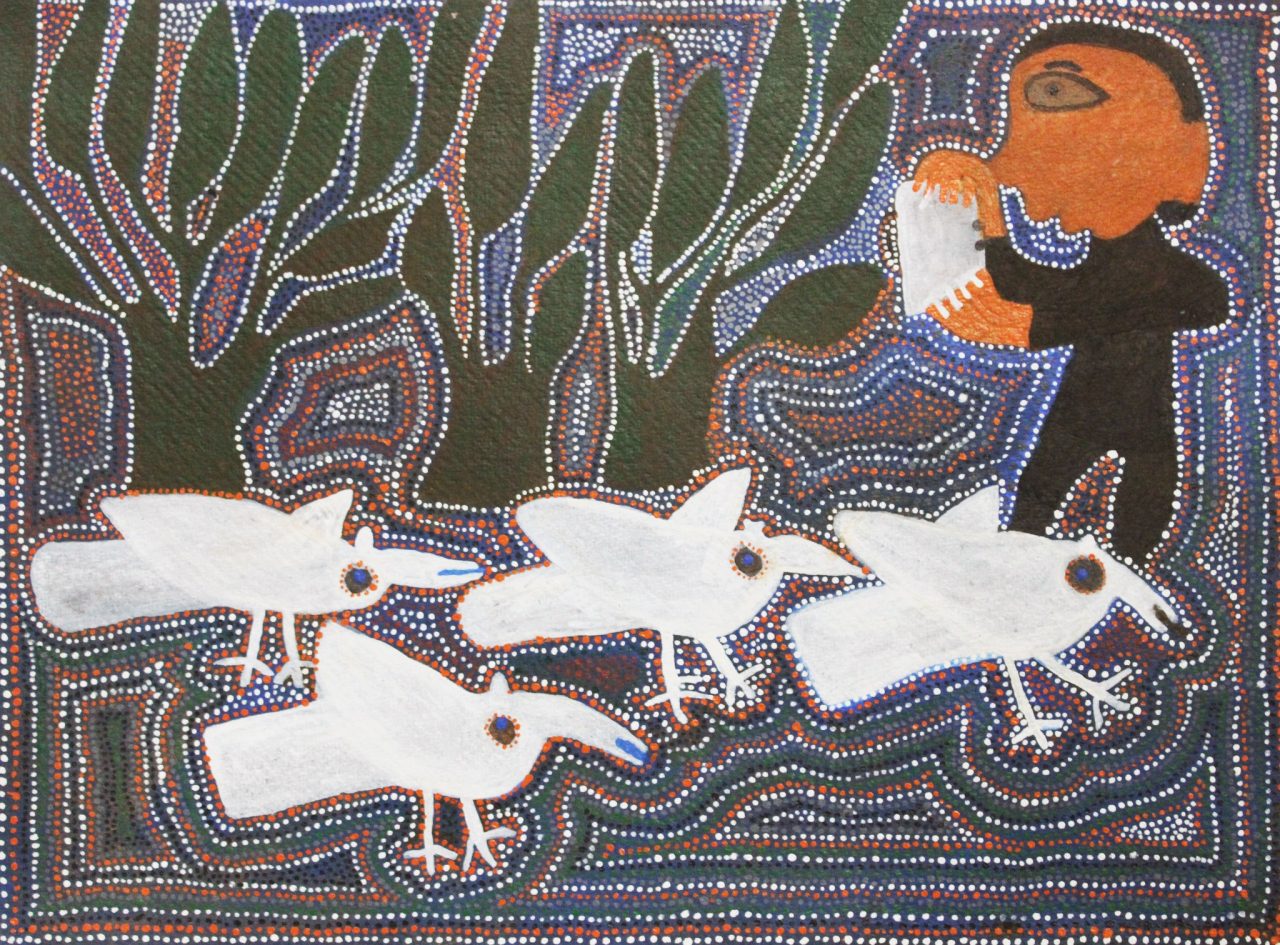
Join us for a lecture Nothing Primordial About It: The Political Ecology of Adivasi Art by Mumbai-based cultural theorist and curator Nancy Adajania. This event is presented by the Critical Image Forum and the Department of Art History, Visual Art and Theory, and the Surrey Art Gallery. Critical Image Forum is a collaboration between the Belkin and the Department of Art History, Visual Art and Theory at UBC.
All are welcome.
[more] -
Event
Wednesday and Thursday, 9 and 10 Mar 2022
Critical Image Forum: Artist Talk with Elizabeth M. Webb
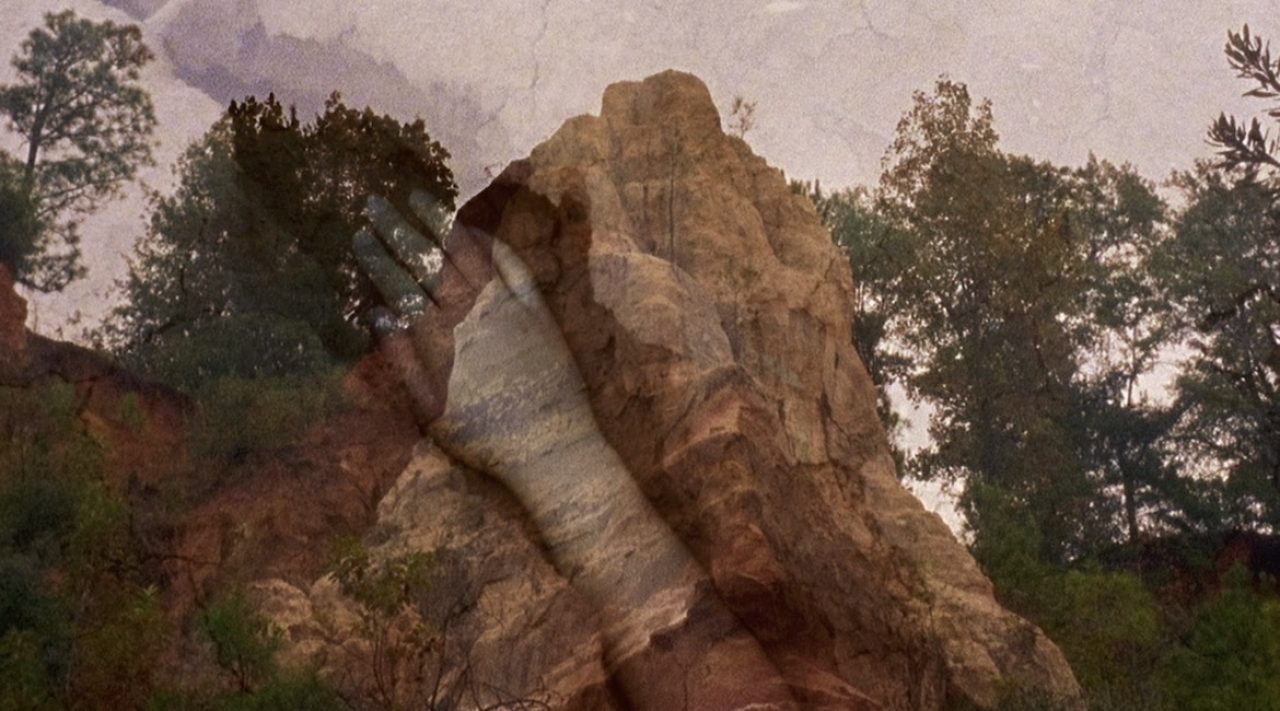
Join multimedia artist Elizabeth M. Webb for a talk and film screening; both events are free and open to the public, no registration is required. Masks and proof of vaccination are mandatory. Webb is an artist and filmmaker originally from Charlottesville, VA. Her work is invested in issues surrounding race and identity, often using the lens of her own family history of migration and racial passing to explore larger, systemic constructs. She has screened and exhibited in the US, United Kingdom, Canada, Japan, Ecuador, Singapore, Switzerland, Mexico, Spain, Austria, Norway and Germany and was a recipient of the inaugural Allan Sekula Social Documentary Award in 2014.
[more] -
Event
Wednesday 8 Feb 2023 at 5:30 pm
Critical Image Forum: A Conversation with Heather Igloliorte and Taqralik Partridge
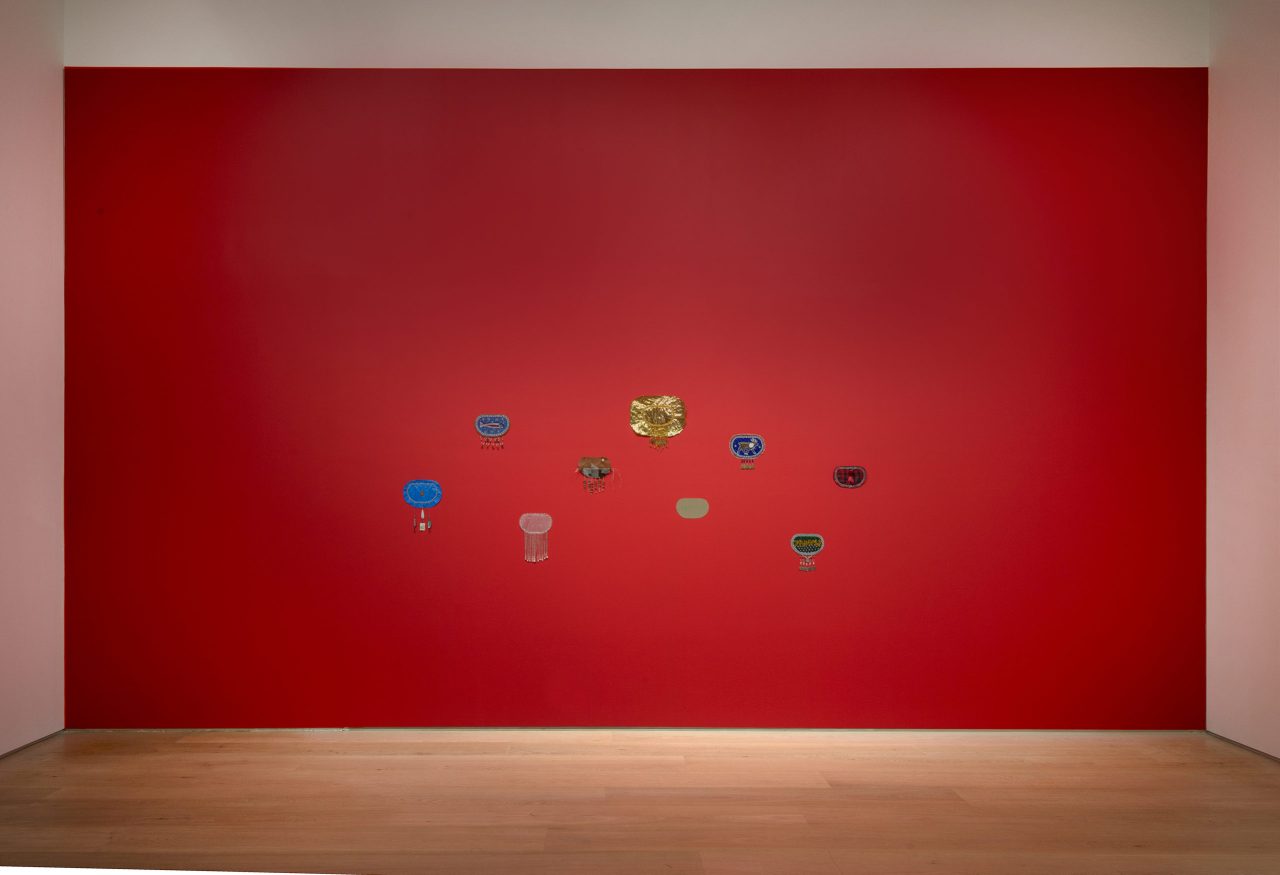
Please join us for a dialogue between Heather Igloliorte and Taqralik Partridge. The speakers will discuss their previous collaborations as well as broader issues in curating and producing contemporary Inuit Art in institutional and community contexts.
[more] -
Event
THURSDAY, 7 DEC 2023 AT 6 PM
Critical Image Forum: A Conversation with Hannah Darabi and Kelly McCormick at The Polygon
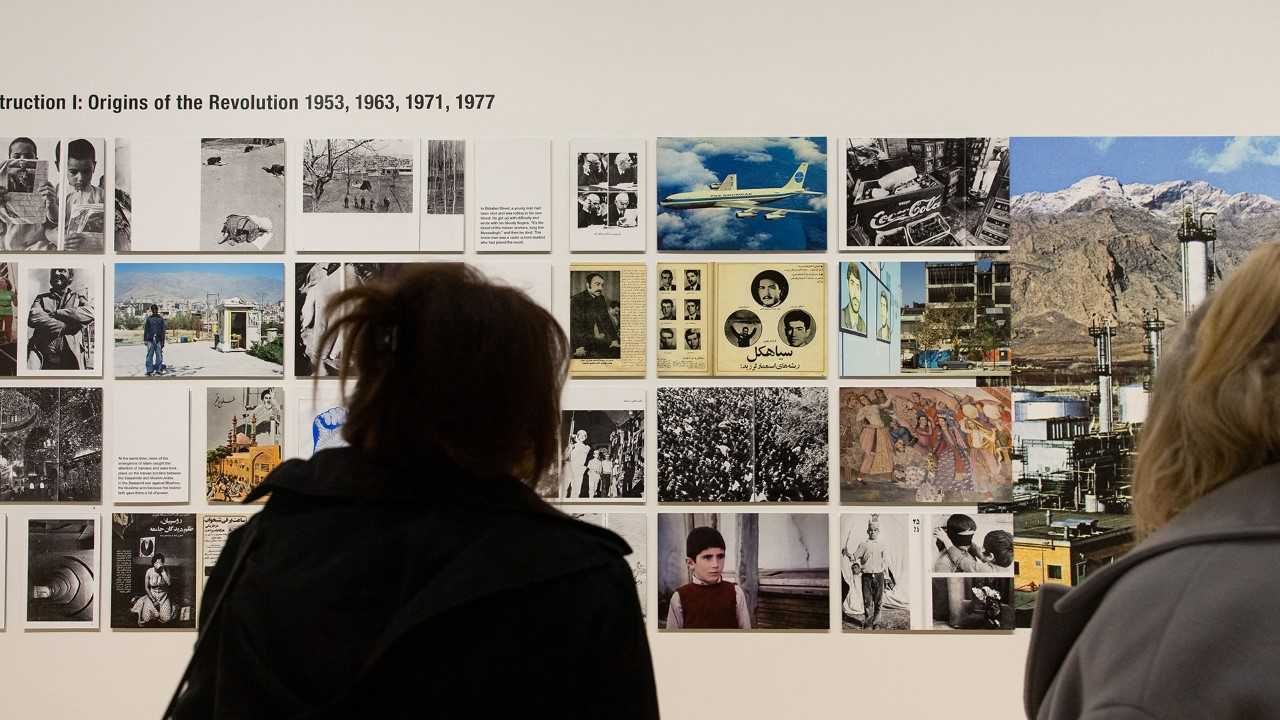
This conversation with From Slander's Brand exhibition artist Hannah Darabi and historian Kelly McCormick explores Darabi's critical project on the photo books published during the early years of the Iranian Revolution of 1979 recapturing the potential that revolutionaries and governments saw in photographs. Through Darabi's work we uncover the possibilities and limits of photographs as they are changed, manipulated, and turned into icons.
[more] -
Event
Critical Image Forum Dialogue Series: UAAC Global Photography

As part of the University Art Association of Canada's online conference, panel chairs Heather Diack (University of Miami) and Terri Weissman (University of Illinois at Urbana Champaign) brought together art historians and artists committed to deepening the discourse of photography studies and expanding its points of reference in Canada Global Photography: Critical Histories.
[more] -
Event
Critical Image Forum Dialogue Series: Sandra Boss
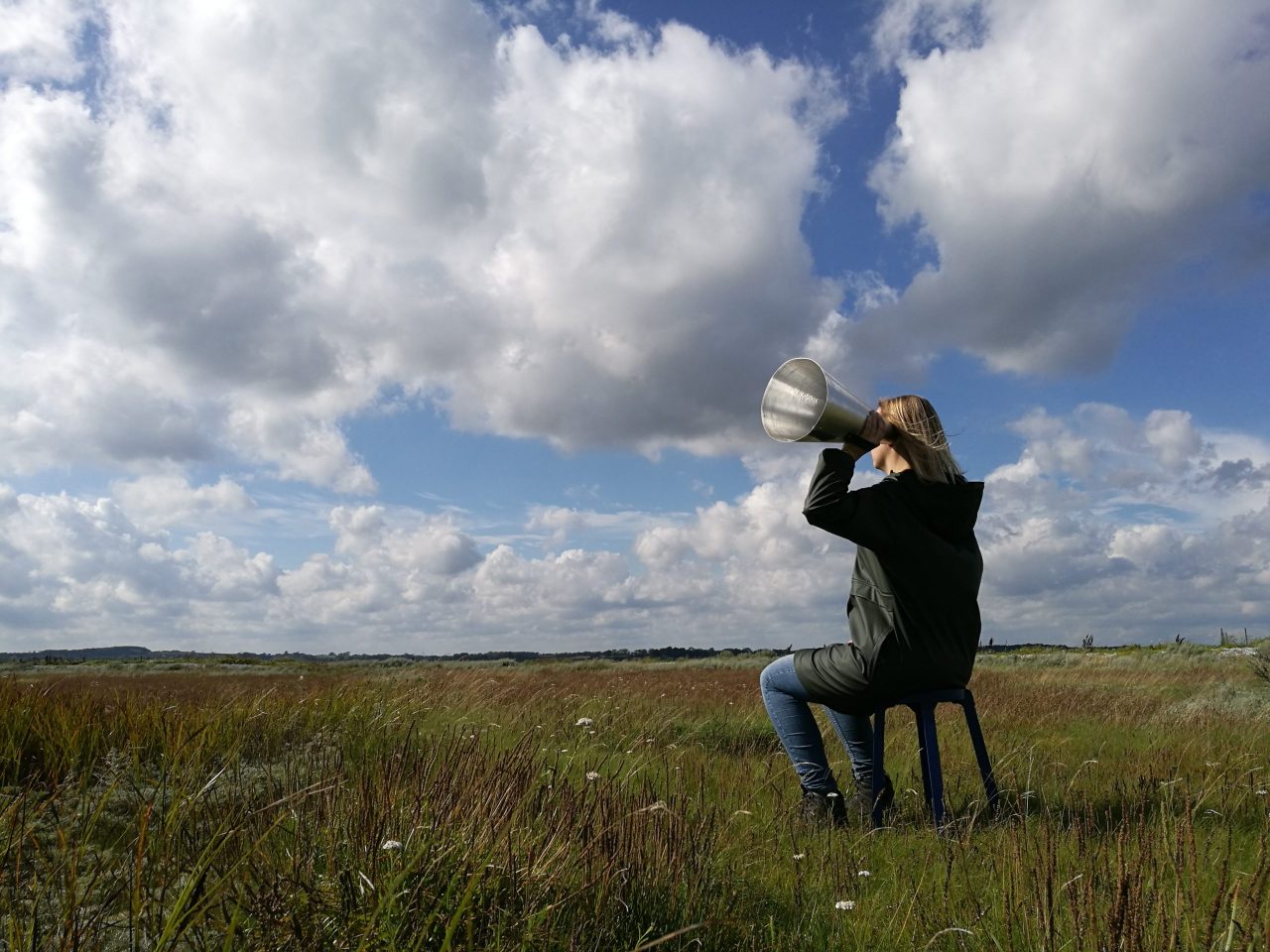
For this episode of the Critical Image Forum Dialogue Series, Tobias Ewé talks with Danish sound artist Sandra Boss about her practice-based research into mid-century German hearing machines, conceptions of hearing and how these shape the listening subject. The discussion takes its outset in Boss's dissertation, Tuning the Ear: Exploring Conditions and Conceptions of Hearing, which is much more than a collection of textual chapters, but a sound art object in and of itself.
[more] -
Event
Critical Image Forum Dialogue Series: Robert Del Tredici
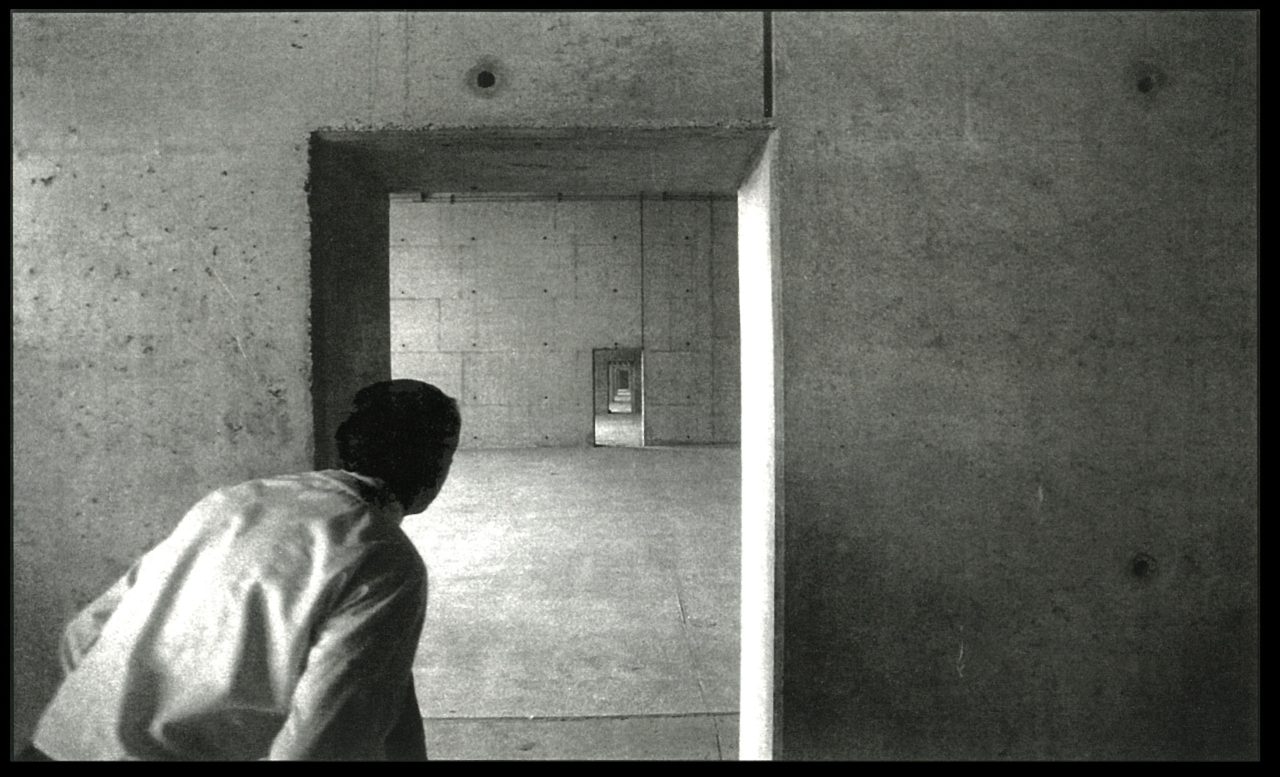
In this episode, through a far-reaching discussion of his illustration and photographic practice, and in dialogue with UBC professor emeritus John O’Brian, Robert Del Tredici touches on political, ethical and philosophical aspects of nuclear technologies and deployments. Through photographic projects from Three Mile Island, Hiroshima, Kazakhstan, Dene Territory in the Canadian Arctic and many other places and sites, Del Tredici’s presentation frames the enormity and devastation of the global nuclear industrial complex, helping to counter its forces of abstraction.
[more] -
Event
Critical Image Forum Dialogue Series: Paul Weinberg
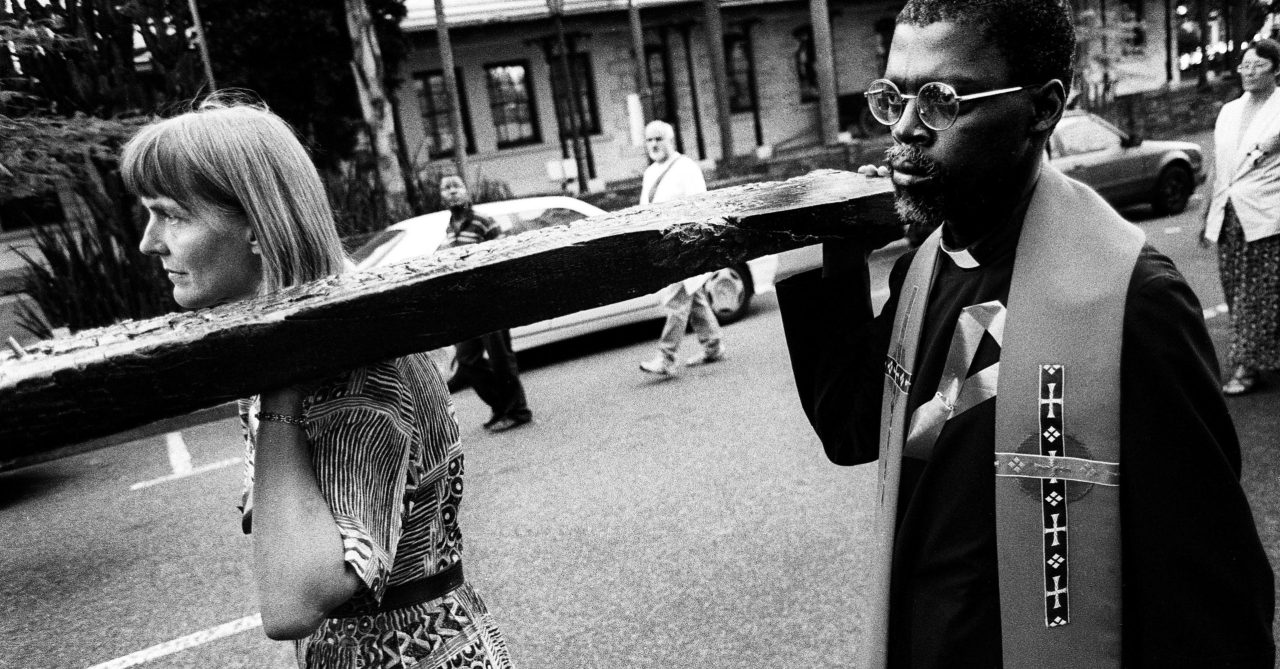
For this second episode of the Critical Image Forum Dialogue Series, Daniela Perez Montelongo is in conversation with South African photographer Paul Weinberg where they discuss key issues pertaining to the role of photography in South Africa during the Apartheid and post-Apartheid eras.
[more] -
Event
Critical Image Forum Dialogue Series: Marianne Nicolson
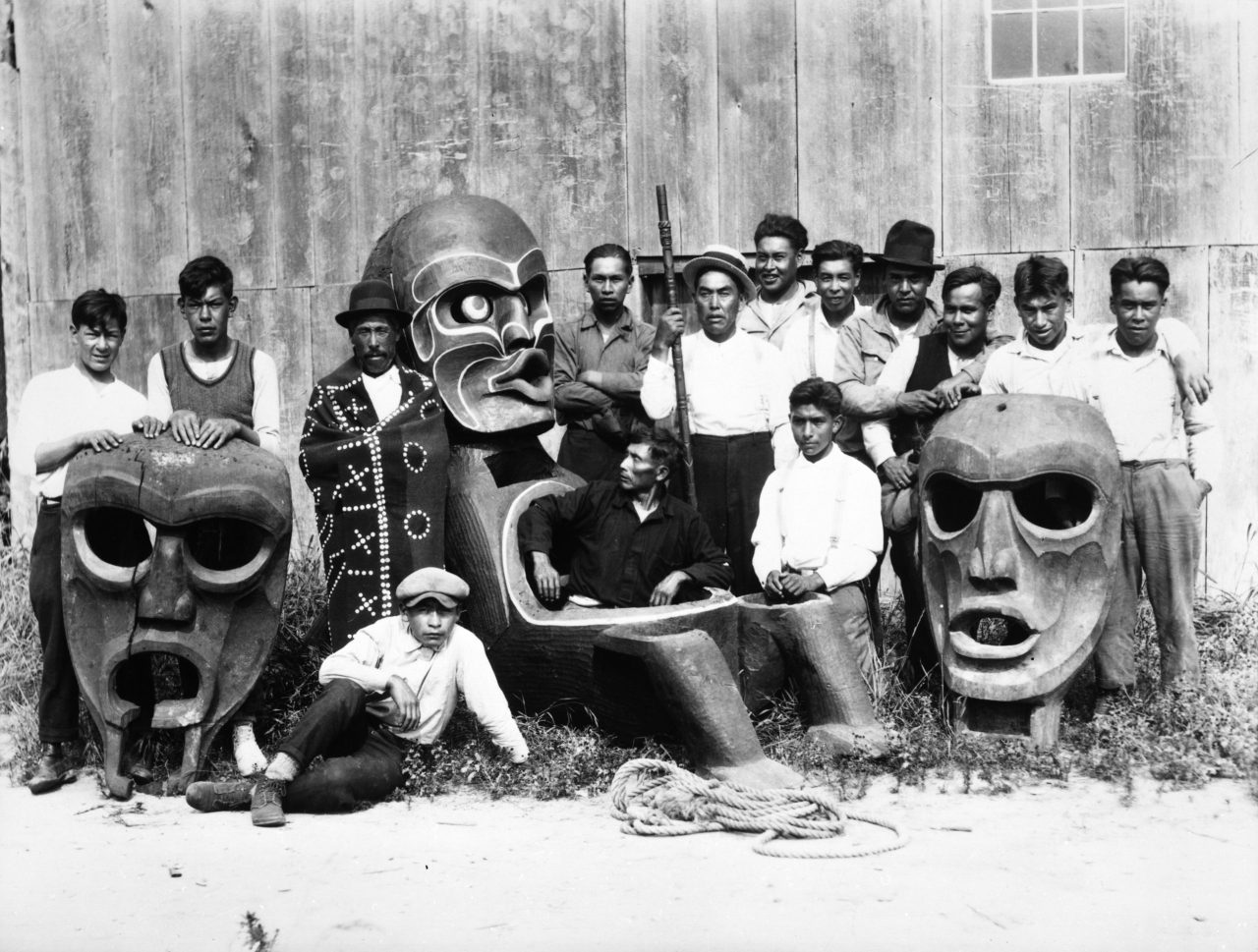
As part of Critical Image Forum's Dialogue Series, this online conversation with Althea Thauberger, Musgamakw Dzawada’enuxw artist and activist Marianne Nicolson helps us understand how particular photographic acts, although initiated by Canadian colonial photographers, were used, by those depicted, as opportunities for assertions of political, cultural and territorial sovereignty during the potlatch ban in the early twentieth century.
[more] -
Event
Critical Image Forum Dialogue Series: Luis Jacob
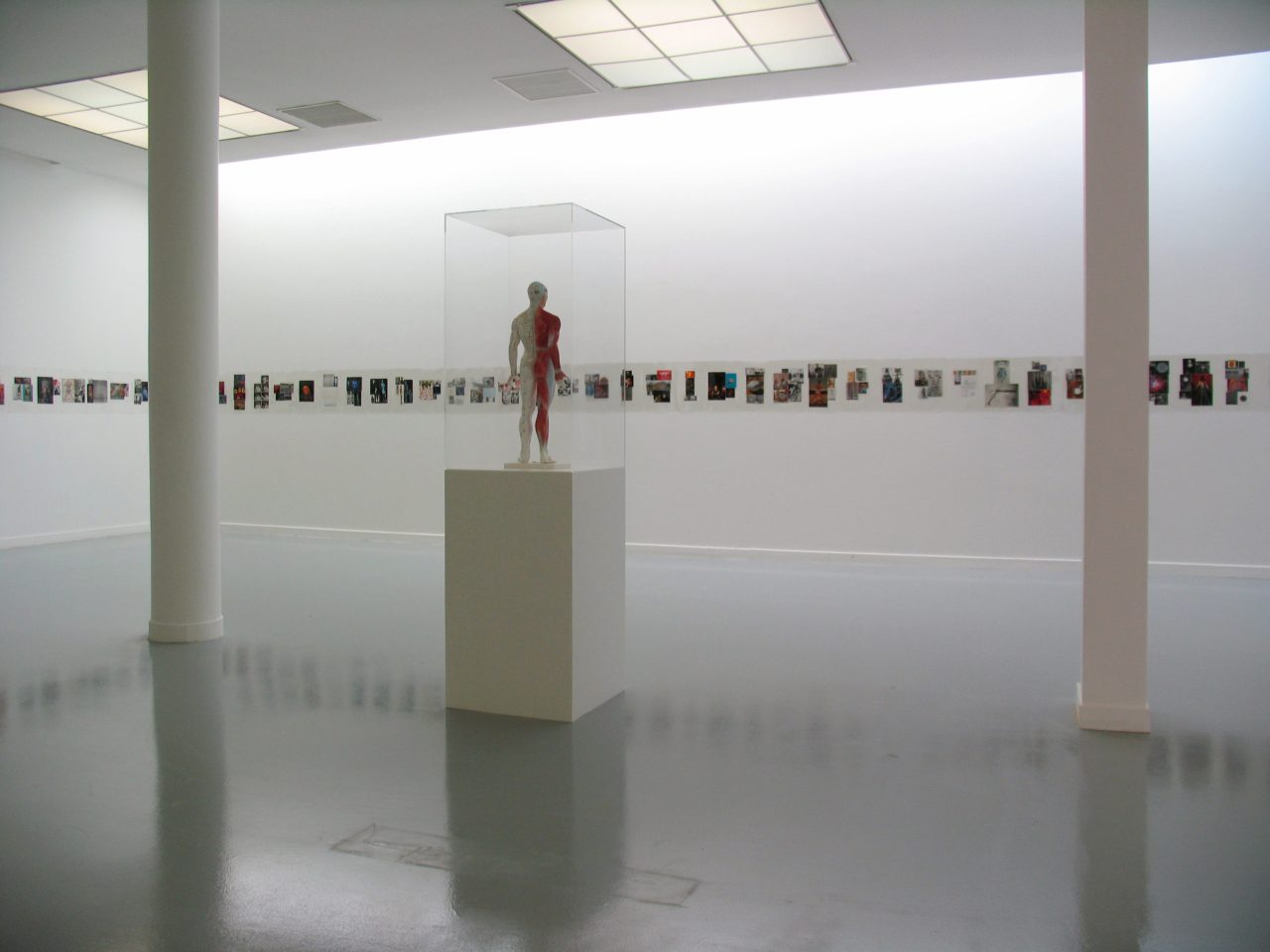
In this expansive consideration of his use of photographic archives, Luis Jacob describes the process of "aesthetic mobilization" that reveals the mediating - and mediated - character of human experience. With in-depth reference to two major works - his Album series (ongoing since 2000) and the recent project, The View From Here (2019) - he describes art’s capacity to arrest habitual trajectories of meaning-making, and to open spaces for new thoughts to become thinkable.
[more] -
Event
Critical Image Forum Dialogue Series: Farah Nosh
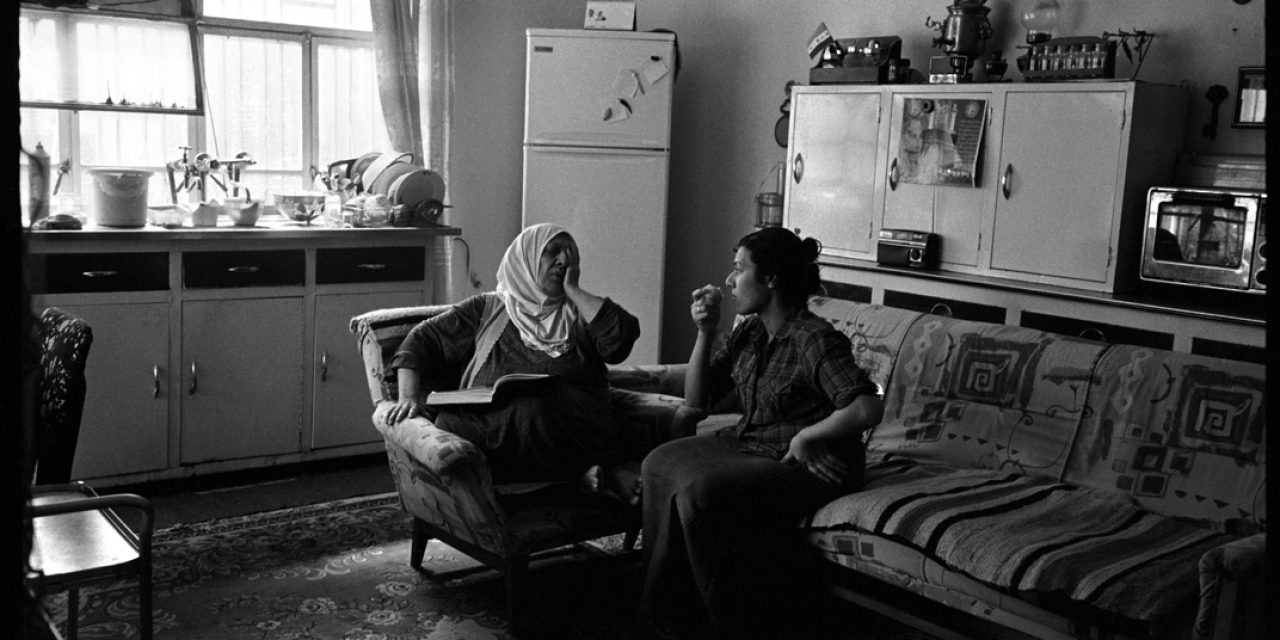
From her earliest work in conflict zones to her most recent project documenting fluent speakers of the Haida language in Haida Gwaii, Farah Nosh is known for her intimate, empathic approach to photojournalism and photographic portraiture. In this wide-ranging conversation initiated by UBC journalism MA student Steven Zhu, Nosh discusses her formative experiences with photography as a Geography student at UBC, and subsequently learning photojournalism on assignment in Iraq during the Saddam Hussein era.
[more] -
Event
Thursday, 21 Mar 2024 at 12 pm
Artist Talk: Katie Kozak and Lucien Durey
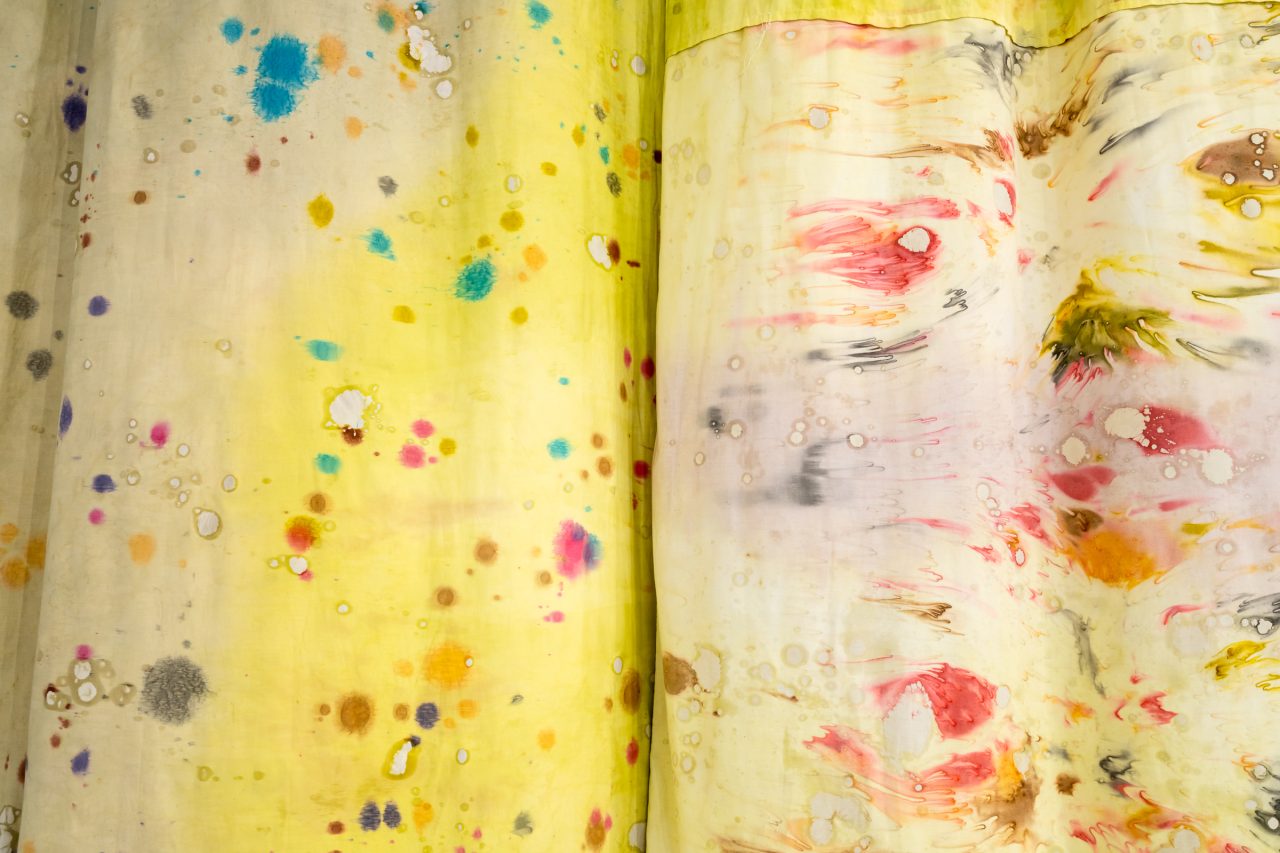
As part of the exhibition, Aporia (Notes to a Medium) join us for an online talk with exhibiting artists Katie Kozak and Lucien Durey.
[more] -
Event
Saturday, 6 Apr 2024 at 2 pm
Saturday, 13 Apr 2024 at 2 pm
Film Screening: Jalal Toufic, Variations on Guilt and Innocence in 39 Steps

In conjunction with Aporia (Notes to a Medium) join us for an outdoor screening of exhibiting artist Jalal Toufic's film Variations on Guilt and Innocence in 39 Steps.
[more] -
Event
Jan-Apr 2024
Sound Plots: Aporia (Notes to a Medium)
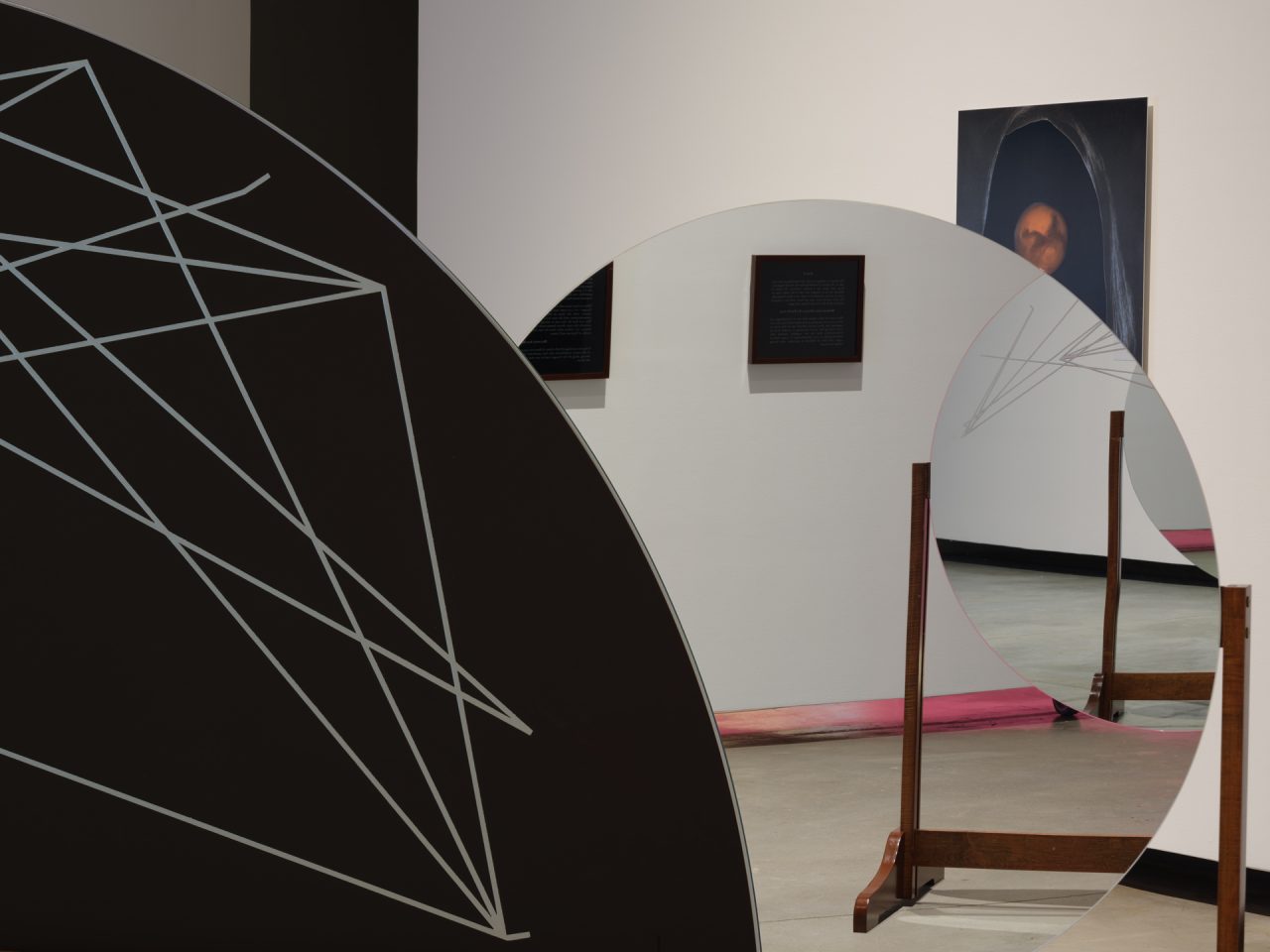
Sound Plots is an online audio series that highlights meaningful dialogues and interventions around exhibitions and programming at the Belkin. This series focuses on themes from the exhibition Aporia (Notes to a Medium) that consider doubt and its role as an important artistic and critical tool. Through conversations, talks and tours that are re-situated in an online space, Sound Plots acts as an archive, resource and invitation for all.
[more]